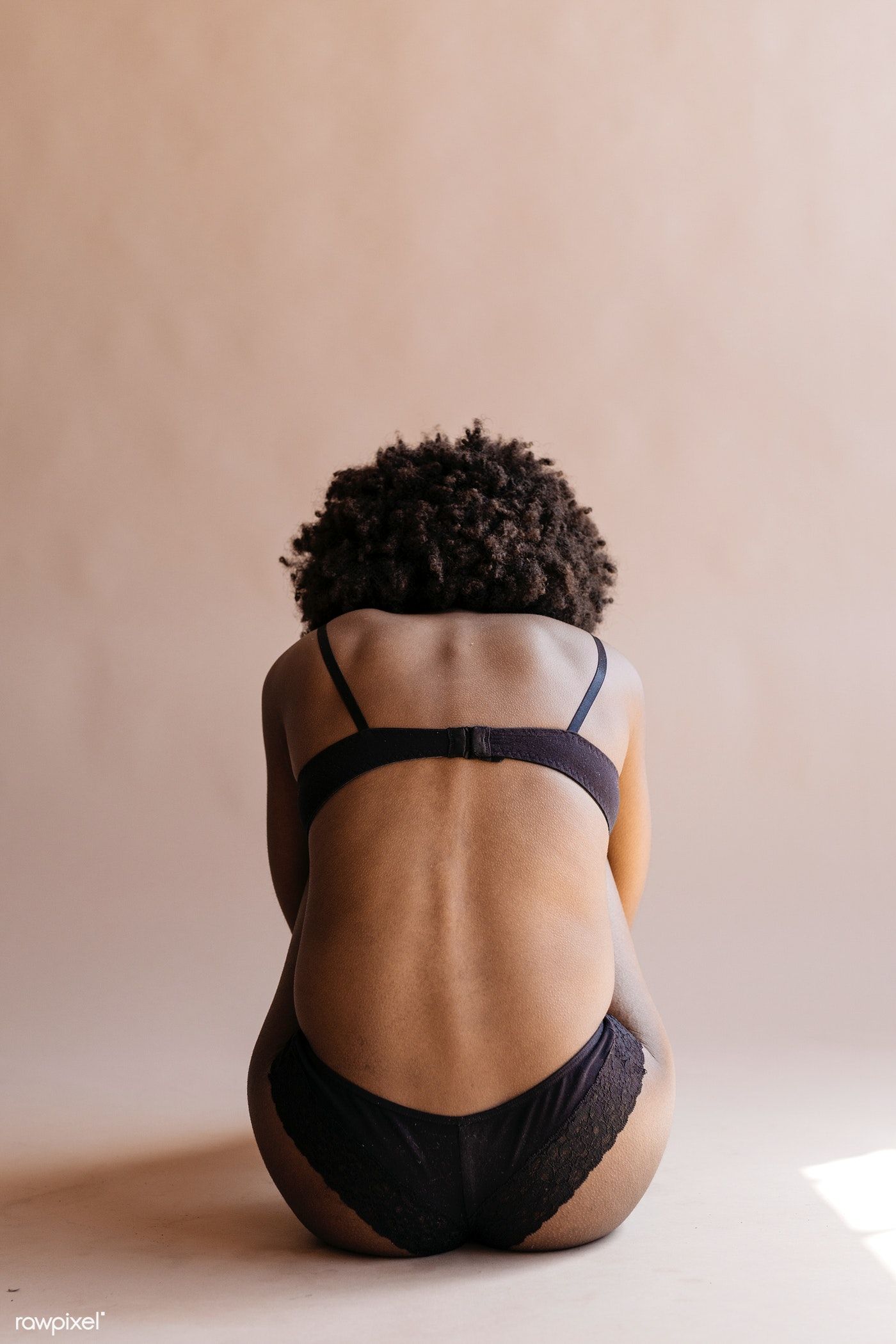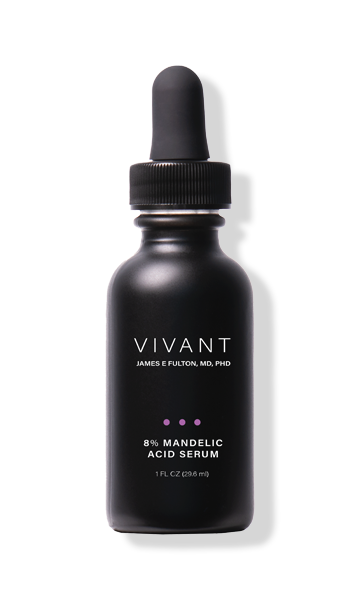 There are some things that should be debated, but this shouldn't be one of them. *cough cough Mila Kunis & Ashton Kutcher... Wash them babies! If I could count how many times I get questions about the best body care products, most of the answers come down to proper hygiene. I'm not always the perfect smelling rose in the garden but I will tell you what is natural, needs some work or simply needs medical intervention. So lets start with summer! What are some common concerns that people have when it comes to spending more time outdoors, soaking up the sun, floating in crisp water or breaking a sweat with the heat?
There are some things that should be debated, but this shouldn't be one of them. *cough cough Mila Kunis & Ashton Kutcher... Wash them babies! If I could count how many times I get questions about the best body care products, most of the answers come down to proper hygiene. I'm not always the perfect smelling rose in the garden but I will tell you what is natural, needs some work or simply needs medical intervention. So lets start with summer! What are some common concerns that people have when it comes to spending more time outdoors, soaking up the sun, floating in crisp water or breaking a sweat with the heat?Whether you are acne prone or not, acne can sometimes appear on the body and back! We have sweat, bacteria, dead skin and and oil building up, at one point, something is going to develop with that mix! Breakouts! From my experience working in Dermatology, I usually recommend the following lifestyle tips:
 Manicures and pedicures are great! I get it, who doesn't want luscious skin that doesn't look like they reincarnated from the stone ages. But be careful! Some of these experiences can leave your nails looking great, but they can also expose you to germs that can cause an infection or fungal problems. Some consumers and pros in the industry will come for me when I say this but I'll say it anyway ... unpopular opinion... DONT CUT OR LET ANYONE CUT YOUR CUTICLES. While a professional pedicure can help you feel pampered, there are health risks associated with cuticle clipping. As a non Dermatologist/Podiatrist, yes I can speak on this, I use to do nails. Cuticles serve as a protective barrier against bacteria, don't ever cut them. Cutting cuticles increases the risk of infection. Also, avoid incessantly pushing back cuticles, as doing so can make them thicker. Just because its the "norm" doesn't mean it's GOOD! Still not convinced? Im not here to convince you but state the facts about the medical field. Dermatologist and Podiatrist are medical professional who can assist you with such disorders or infections. They are physicians devoted to the treatment of disorders of hair, skin and nails (dermatologist) and foot, ankle, and related structures of the leg (Podiatrist)). You don’t have to give up manicures and pedicures. Taking some precautions can help you avoid an infection.
Manicures and pedicures are great! I get it, who doesn't want luscious skin that doesn't look like they reincarnated from the stone ages. But be careful! Some of these experiences can leave your nails looking great, but they can also expose you to germs that can cause an infection or fungal problems. Some consumers and pros in the industry will come for me when I say this but I'll say it anyway ... unpopular opinion... DONT CUT OR LET ANYONE CUT YOUR CUTICLES. While a professional pedicure can help you feel pampered, there are health risks associated with cuticle clipping. As a non Dermatologist/Podiatrist, yes I can speak on this, I use to do nails. Cuticles serve as a protective barrier against bacteria, don't ever cut them. Cutting cuticles increases the risk of infection. Also, avoid incessantly pushing back cuticles, as doing so can make them thicker. Just because its the "norm" doesn't mean it's GOOD! Still not convinced? Im not here to convince you but state the facts about the medical field. Dermatologist and Podiatrist are medical professional who can assist you with such disorders or infections. They are physicians devoted to the treatment of disorders of hair, skin and nails (dermatologist) and foot, ankle, and related structures of the leg (Podiatrist)). You don’t have to give up manicures and pedicures. Taking some precautions can help you avoid an infection.You’ll find out what dermatologists recommend at, AAD. And podiatrist recommend at APMA .
When the weather is hot and humid, you can still have dry irritated skin. The biggest culprits are spending time in the sun (sun damage), pool (chlorine), and air-conditioning (dry cold air). If your skin starts to feel dry and irritated despite the humidity, try these tips:
Every hair on your body grows out of an opening called a follicle. When follicles get infected, you develop folliculitis. Infected hair follicles look like pimples, but they tend to be itchy and tender. To reduce your risk of getting folliculitis this summer:
 You’ll need to open the follicle by exfoliating and introduce the proper ingredient. Mandelic Acid 3-In-1 Exfoliating Cleanser or Mandelic wash twice daily does wonders. And applying the Mandelic Acid Serum synergistically addresses acne, aging, irregular pigmentation—in one simple, unsurpassed serum that’s safe for all skin tones.
You’ll need to open the follicle by exfoliating and introduce the proper ingredient. Mandelic Acid 3-In-1 Exfoliating Cleanser or Mandelic wash twice daily does wonders. And applying the Mandelic Acid Serum synergistically addresses acne, aging, irregular pigmentation—in one simple, unsurpassed serum that’s safe for all skin tones. Being out in the sun can make those brown to gray-brown patches on your face more noticeable.
 Sonrei Clearly Zinq Sunscreen provides a broad spectrum UVA/UVB protection for all skin types and pigments in the form of a mineral gel. Not watered down, Sonrei provides concentrated, water resistant sun protection via a proprietary organo gel containing Shea Butter, Aloe Vera and Zinc Oxide - 24%.
Sonrei Clearly Zinq Sunscreen provides a broad spectrum UVA/UVB protection for all skin types and pigments in the form of a mineral gel. Not watered down, Sonrei provides concentrated, water resistant sun protection via a proprietary organo gel containing Shea Butter, Aloe Vera and Zinc Oxide - 24%.Sonrei’s gentle, spreadable gel melts into the skin and leaves a velvety matte finish. Designed for outdoor enthusiasts of all ages, genders, and skin colors, Clearly Zinq rubs in clear, stays where it is applied and won’t run.
Blocked sweat glands cause heat rash. Because the sweat cannot get out, it builds up under your skin, causing a rash and tiny, itchy bumps. When the bumps burst and release sweat, many people feel a prickly sensation on their skin. Anything you can do to stop sweating profusely will help reduce your risk like:
 Also called pica-pica, this itchy rash or stinging develops in people who go in the Caribbean Sea and the waters off the coasts of Florida and Long Island, New York. This occurrence happens when newly hatched jellyfish or sea anemones get trapped between your skin and your swimsuit, fins, or other gear.The larvae are as small as a speck of pepper, so you won’t see them in the water. You can, however, prevent this rash if you, stay out of infested water. When the water is infested, you may see a sign that tells you to stay out of the water, or you may hear about someone who recently developed an itchy rash after being in the water.
Also called pica-pica, this itchy rash or stinging develops in people who go in the Caribbean Sea and the waters off the coasts of Florida and Long Island, New York. This occurrence happens when newly hatched jellyfish or sea anemones get trapped between your skin and your swimsuit, fins, or other gear.The larvae are as small as a speck of pepper, so you won’t see them in the water. You can, however, prevent this rash if you, stay out of infested water. When the water is infested, you may see a sign that tells you to stay out of the water, or you may hear about someone who recently developed an itchy rash after being in the water.It's all fun and games till you wake up and your skin start peeling off. Getting sunburn can happen to anyone and all skin types! Overexposing your skin to the sun without proper precautions can also increase your risk of developing skin cancer. Here’s what you can do to prevent sunburned skin:
 Solar Damage gel does wonders for sun burns, melasma and acne! Due to it botanical and retinol blend, it restores the interstitial fluid of the epidermis, bringing hydration and vitality back, creating firmer plumper more replenished skin. The mild amount of retinol also aids in barrier protection, helping to protect and adds rich aloe and vitamin E, which aids in collagen rejuvenation.
Solar Damage gel does wonders for sun burns, melasma and acne! Due to it botanical and retinol blend, it restores the interstitial fluid of the epidermis, bringing hydration and vitality back, creating firmer plumper more replenished skin. The mild amount of retinol also aids in barrier protection, helping to protect and adds rich aloe and vitamin E, which aids in collagen rejuvenation. Stay Safe!
#bodycare #bodytreatments #summerskincare
References Khachemoune A, Yalamanchili R, et al. “What is your diagnosis? Seabather’s eruption.” Cutis. 2006;77:148, 151-2.
McMichael A, Guzman Sanchez D, et al. “Folliculitis and the follicular occlusion tetrad.” In: Wolff K, Goldsmith LA, et al. In: Bolognia JL et al. Dermatology. (second edition). Mosby Elsevier, Spain, 2008: 517-9.
Wolff K et al. Fitzpatrick’s Dermatology in General Medicine (seventh edition). McGraw Hill Medical, New York, 2008:
Daly JS. Scharf MJ. “Bites and stings of terrestrial and aquatic life.” 2048-9.
Elston DM. “Sports dermatology.” 877.
Lim HW. “Abnormal responses to ultraviolet radiation: Photosensitivity induced by exogenous agents.” 828-32.
Mauro TM and Goldsmith LA. “Biology of eccrine, apocrine, and apoeccrine sweat glands.” 730.
